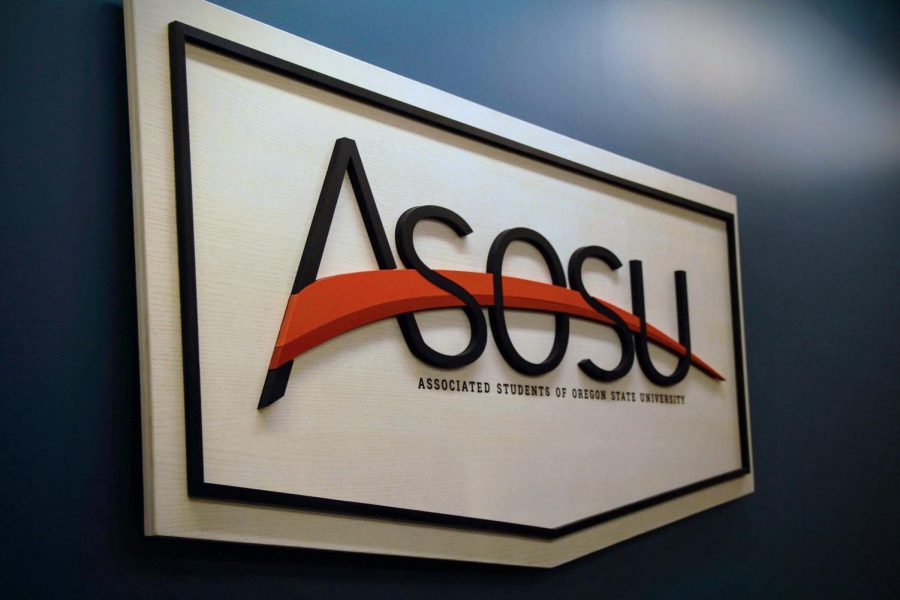Editor’s note: This story has been updated to reflect the correct parties involved in ASOSU mediation.
On Jan. 23, the Associated Students of Oregon State University voted to send bill SB 84.20 “ASOSU Incidental Fee Allocation Bill” to mediation.
The bill would reduce the amount of money allocated to student tickets by $181,131.
Mediation is where a group of people discuss the bill further and make changes to the bill. This group consists of the Student Fee Committee Chair, Student Advisory Board Chair, two Senators and two SFC members.
Saegis Abbott, a Student Fee Committee member, said that due to “additional discounts that athletics has instituted,” the actual price that ASOSU would be spending on tickets is closer to $50,000 as opposed to the initially proposed $100,000 estimate.
In an email sent out to the all-students list, OSU Athletics said, “The student fees process this year has been different from prior years, and the athletics tickets fee now falls under ASOSU … Recently, a campus committee has evaluated past usage of student tickets per sport, and provided recommendations on some increases and decreases of student ticket allotments per sport.”
According to the Senate Agenda Packet for the meeting, “There was significant discussion across the Committee about requesting that the Senate send the unit to mediation to discuss the student ticket Memorium of Understanding more thoroughly.”
Katyayani Karlapati, one of the senators, wanted to send every bill to mediation because she wanted to increase wages in all the bills.
The bill was voted on during the first hour of the meeting. After this bill was voted, there was a motion raised on whether to discuss the contents of each bill before voting. After deliberation, it was decided that a discussion should happen before every bill.
There was then a gallery where speakers from the audience were able to talk about the situation before the senate before motioning to go back and discuss SB 84.20.
Isabell Mitchell, a sustainability and public policy major and member of the women’s rowing team, said during the gallery that she was confused about why so much attention was given to student-athletes and tickets instead of Dixon and Recreation sports since it’s a bigger part of the student fee.
“I know that we’re just a small portion of the whole population, but we’re just confused why so much attention has come down on athletics and tickets when the changes feel so tiny,” Mitchell said.
After the meeting, Mitchell said that some of the tickets that are bought go to the rowing team’s breakfast once a week.
“That makes a really big impact on us,” Mitchell said. “So when we are waking up for our 6 a.m. practice, and then we have class at 8 a.m. and we have to rush to breakfast, that five-minute full breakfast that allows us to get our nutrients for the day can really help with injury prevention.”
Allison Bassett, marketing engagement assistant for Oregon State Athletics, also spoke during the gallery. She said that there was a 61% increase in gymnastics tickets and 66% in wrestling.
“I just want to clear the air that as athletics, we feel if the focus was solely on revenue, this discount wouldn’t be given,” Bassett said. “We feel it’s extremely important to have as many students as we can at these events.”
Alexa Gomez Silva, senator, said that these events are important for students to “stay engaged and have fun on campus.”
“Please know that as a senator, I will be fighting to save our student tickets,” Gomez Silva said. “Because we deserve it and it is a valuable resource to the greater OSU community.”
Adison Rowe, president pro-tempore of the ASOSU Senate, said that the original ask for gymnastics tickets was 2500, but only 800 were used.
“Even if these tickets doubled in their usage, there would still be a significant amount of space for wrestling,” Rowe said.
After Bassett said there was an increase in ticket usage, Rowe said the bill should be sent to mediation for reconsideration.
After the discussion, the decision to send the bill to mediation was kept.







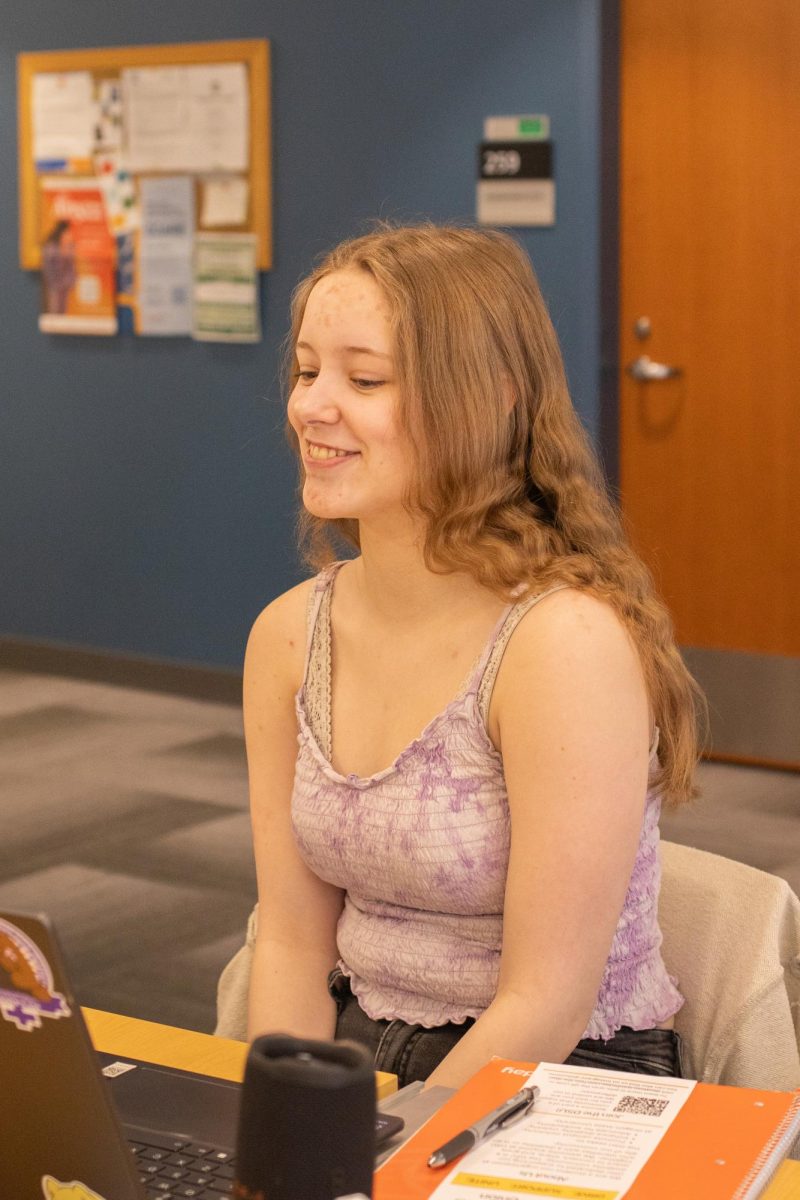
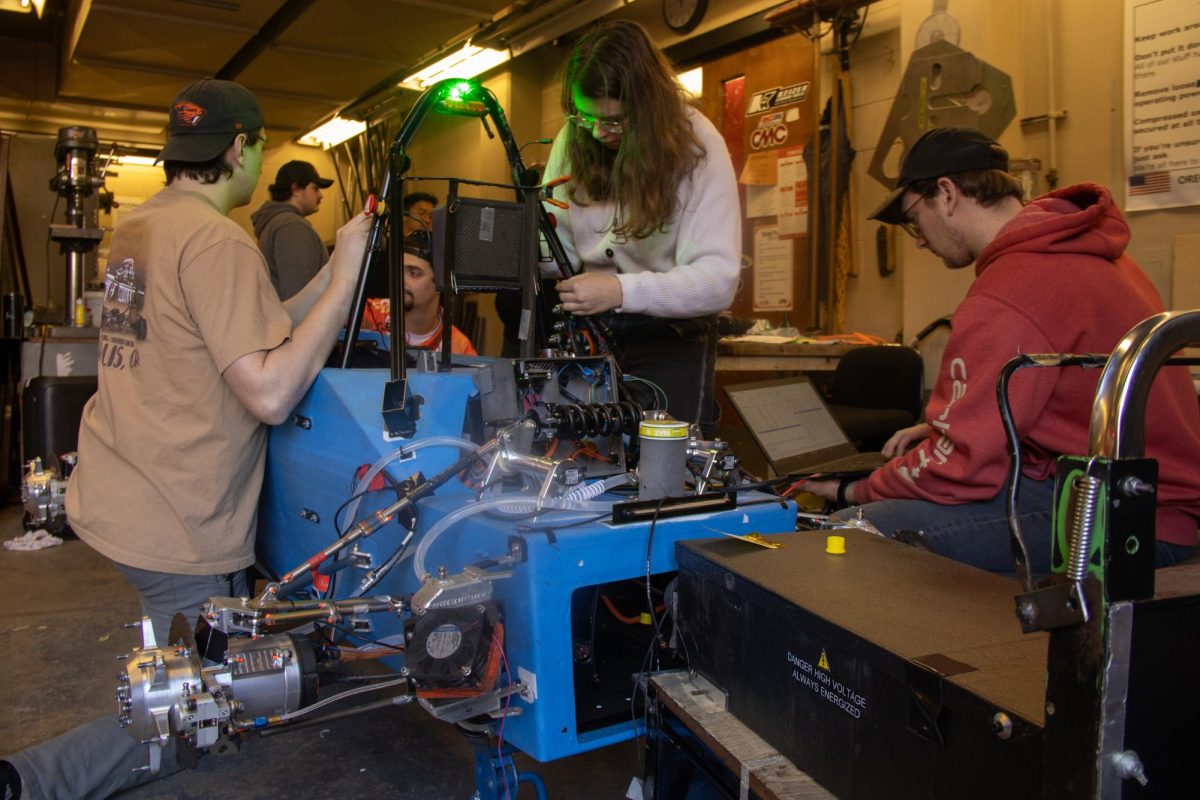

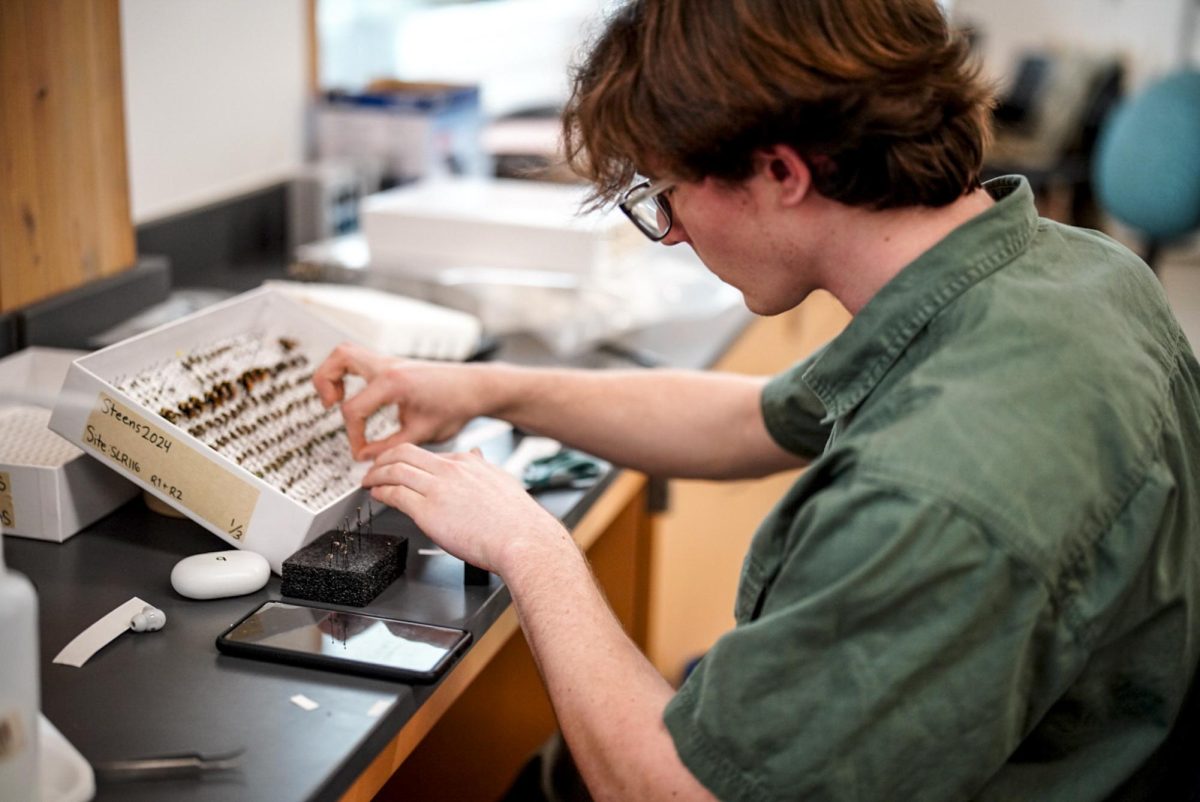
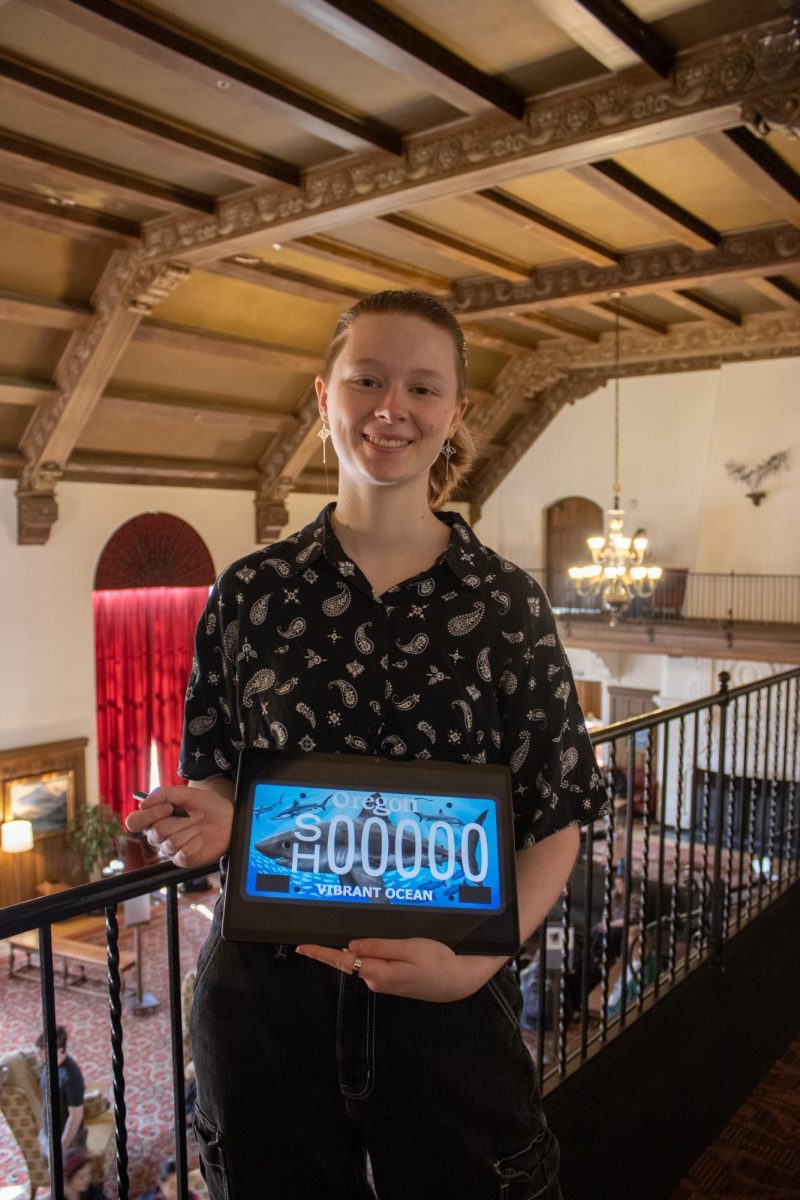
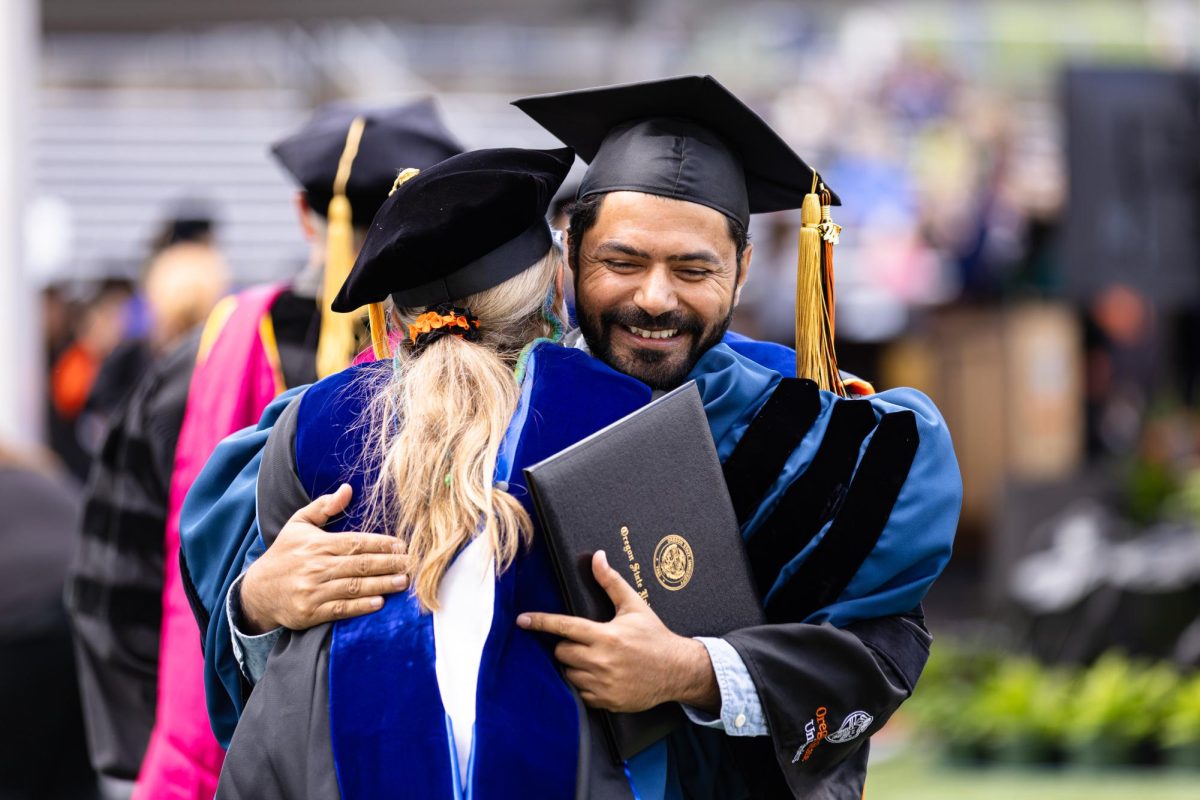

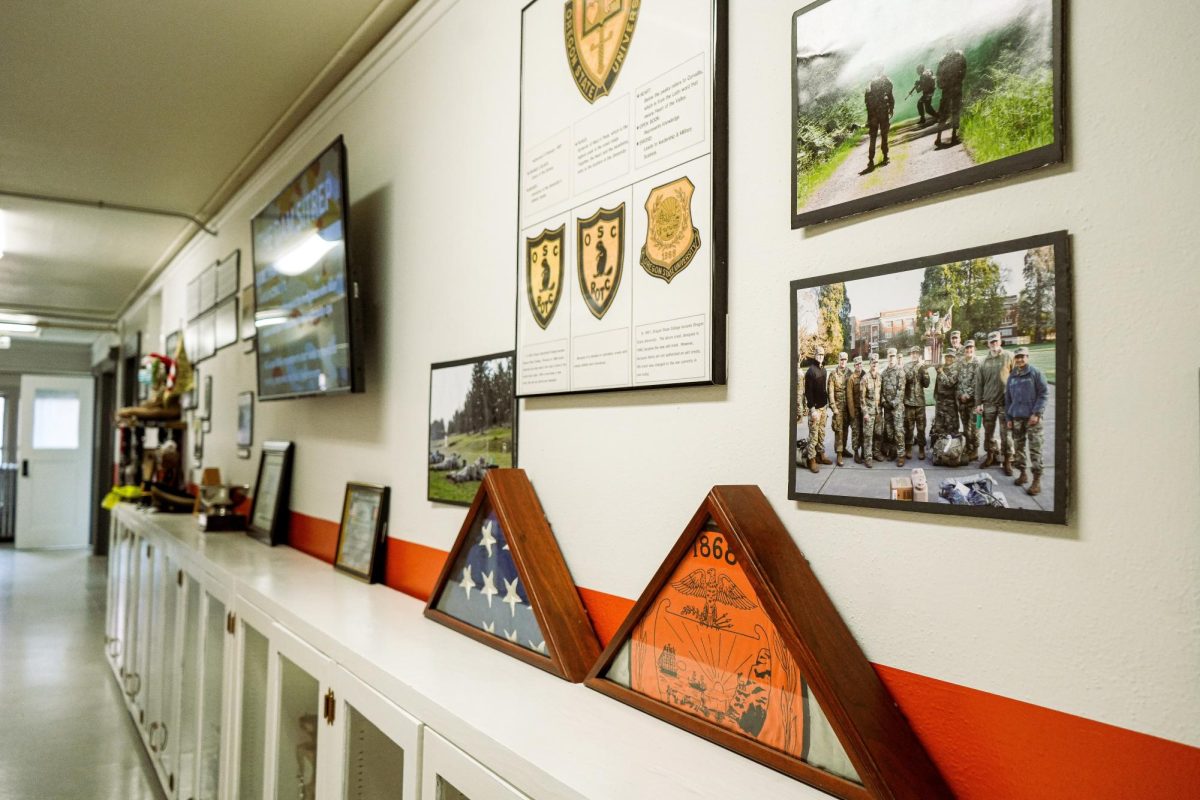









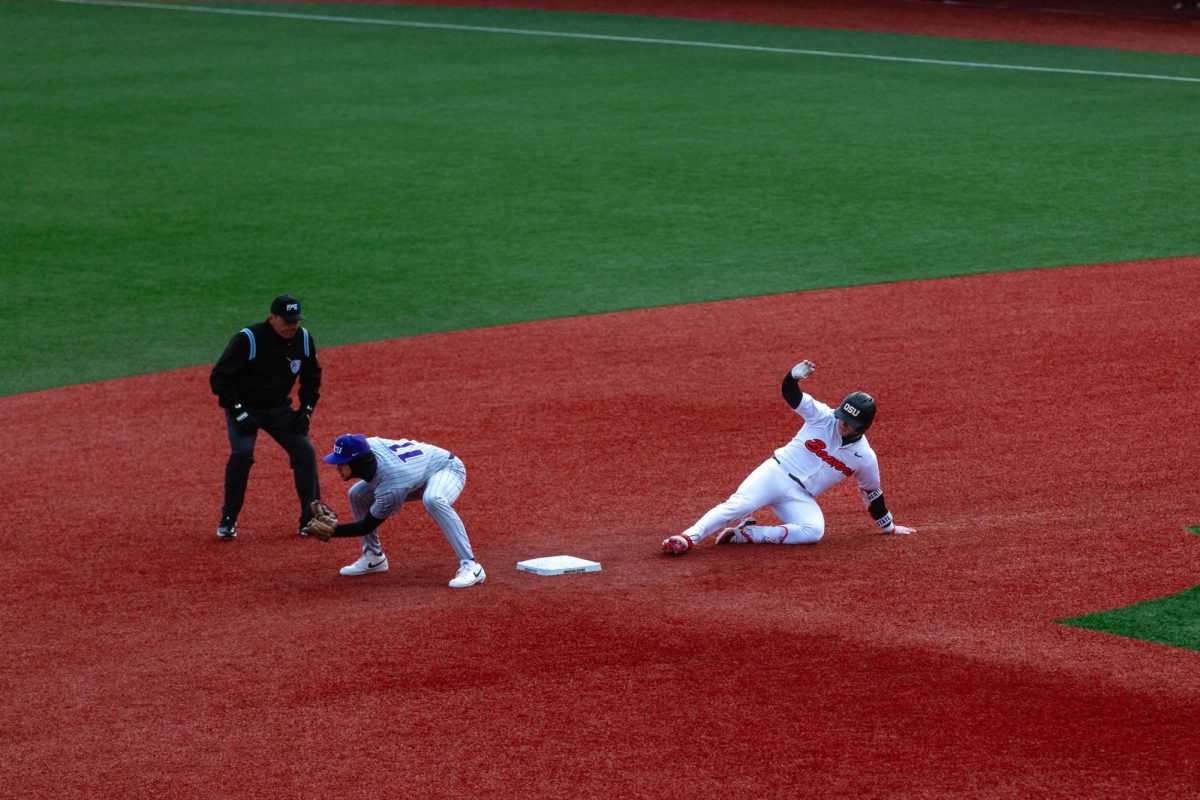



























































![Newspaper clipping from February 25, 1970 in the Daily Barometer showing an article written by Bob Allen, past Barometer Editor. This article was written to spotlight both the student body’s lack of participation with student government at the time in conjunction with their class representatives response. [It’s important to note ASOSU was not structured identically to today’s standards, likely having a president on behalf of each class work together as one entity as opposed to one president representing all classes.]](https://dailybaro.orangemedianetwork.com/wp-content/uploads/2025/03/Screenshot-2025-03-12-1.00.42-PM-e1741811160853.png)























